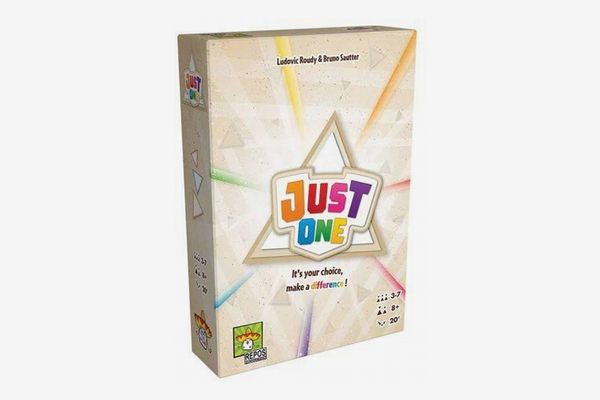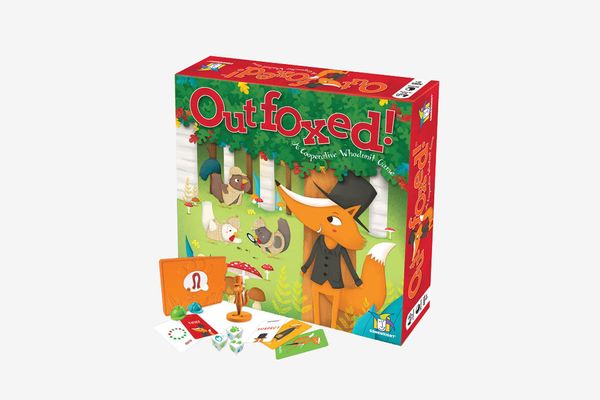Engaging and Educational: The Best Board Games Every Kid Will Love
Engaging and Educational: The Best Board Games Every Kid Will Love
Blog Article
Top 10 Best Board Games for Kids: Fun and Learning Combined
Board games have long been a preference of family entertainment, giving options for cultural connection, strategic thinking, and creativity. With numerous options available, selecting the best kids board games can be a difficult task. That information outlines crucial facets to consider when selecting the most effective board games to make sure equally fun and developmental benefits.

Era Appropriateness
One of many first concerns when choosing a game is age the youngsters who will undoubtedly be playing. Board games in many cases are designed with specific age groups in mind, taking into account the cognitive and cultural abilities normal of those ages. Try to find era tips on the presentation or solution information to ensure that the game matches your child's developmental stage. Games designed for youngsters frequently feature easier rules and smaller playtimes, while these for older young ones may possibly include more technical techniques and lengthier durations.
Instructional Price
Several board games present academic advantages, helping young ones build important skills while having fun. When choosing a game title, contemplate what skills it promotes—be it important considering, arithmetic, examining, or cultural interaction. Activities that involve checking, spelling, or technique may bolster classroom learning in a fun environment. Parents and teachers usually recognize games that mixture entertainment with learning, creating them a good selection for both play and educational reinforcement.
Class Measurement and Relationship
Board games range considerably when it comes to how many participants they accommodate. Some games were created for two people, while the others may involve big groups. Contemplate the normal playgroup measurement whenever choosing a game. If you frequently variety events or family sport days, search for games that will support more people to encourage relationship and teamwork. Additionally, examine the level of cooperation versus competition within the game. Cooperative activities, where participants come together toward a standard purpose, can foster teamwork and conversation skills, while aggressive games may show balanced competition.
Play and Complexity
The duration of gameplay may somewhat affect your family's enjoyment. Some young ones have faster attention spans, creating rapid games more inviting, while others might flourish in lengthier, more immersive experiences. Assess the typical play suggested on the package and consider your children's preferences. Difficulty is still another important component; younger children may benefit from simpler rules, while older children might enjoy the task of more complicated mechanics.
Subjects and Interests
Kids in many cases are attracted to activities that arrange with their interests, whether that is imagination, experience, or history. Choosing a game title with a theme that resonates with your child may improve their proposal and enjoyment. Browse through the game's components, art, and article to ensure it captures their imagination.

Realization
Picking the best board games for kids involves a clever consideration of age appropriateness, instructional price, group dynamics, playtime, difficulty, and personal interests. By maintaining these factors in mind, you can choose games that not merely entertain but also contribute to your child's progress and foster beloved family memories. With the right board games , family game evenings can become a well liked convention filled with fun and learning. Report this page